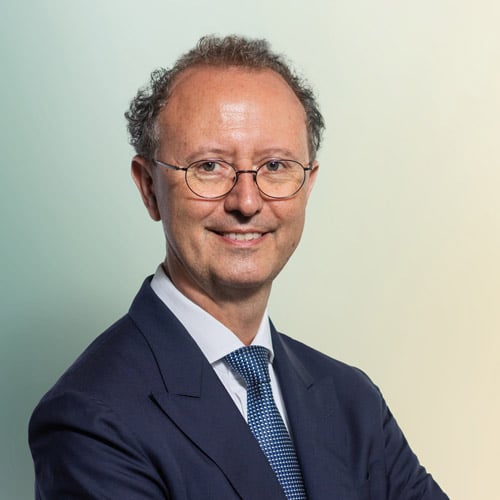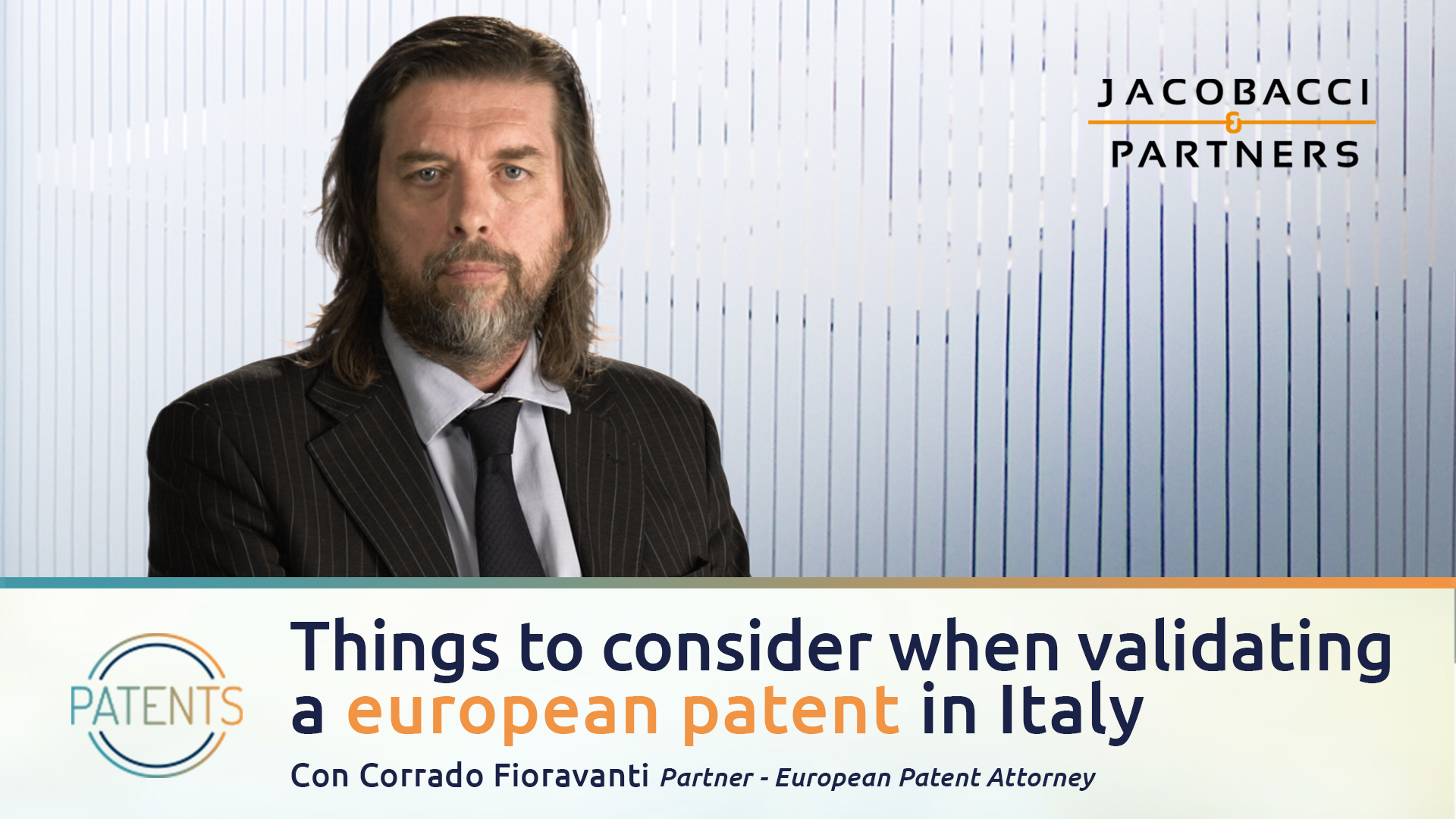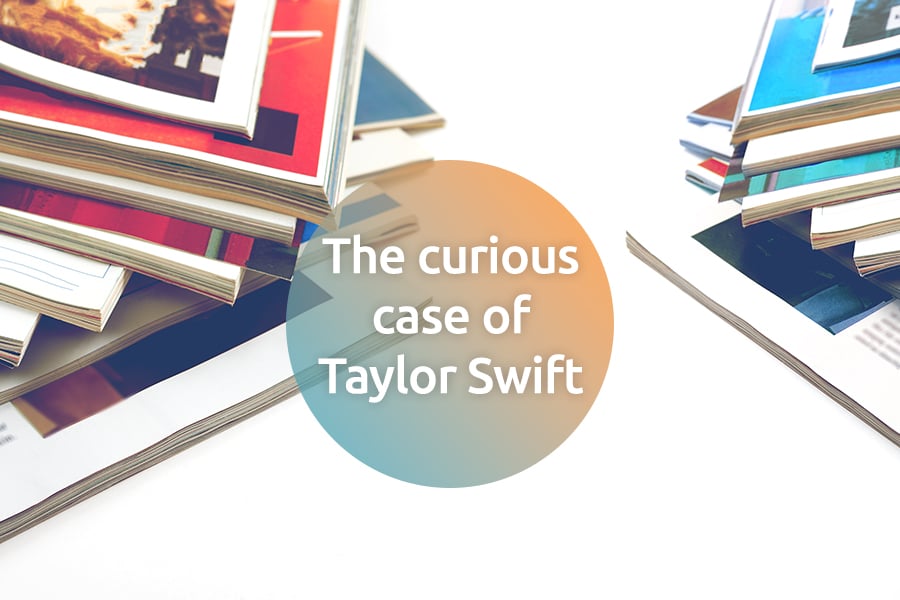Use of a third party's trademark in the metaverse: freedom of artistic expression or unjust enrichment?
My firm is Jacobacci, we help companies protecting innovation and this means protecting innovation in the sense of inventions, so patents, and in the sense of protecting brands, so trademarks. I'm a trademark attorney and I had the privilege and the honor to register the new Brembo logo and to do it also in the metaverse.
Today I will start with an actual case, the first decision that have been brought to public attention in the metaverse, of course a US case, and then starting from this case we will share some practical hints on what to protect in the metaverse and how you can protect your innovation and in particular your brands in the metaverse.
In this case, you probably know the Birkin bag, which is an icon in the world of fashion, created years ago by Hermes. Recently an US artist called Mason Rotschild created in the metaverse the MetaBirkin.
As you can see it is not an exact copy, it is something that has been inspired by the actual Birkin bag and it is somehow fun, I like it personally, and this guy has been absolutely brilliant and created some thousand different versions, each one of it certified by NFT and sold it on the metaverse, and made a lot of money out of it.
But Hermes of course got into it and said “Why do you call them Birkin? can you do it or not?” and sued him in front of the New York court. The artist defended himself on the basis of the freedom of speech, and the freedom of artistic expression. It is not a crazy argument, it is something that can be considered as a reasonable because for instance Andy Warhol did the Campbell soup paintings, he used the brand, and he produced a series of prints, or of paintings, and he was allowed to do, due to the freedom of artistic expression.
So the main argument used by the artist in his defense was “I am an artist, I am doing it for the sake of art and for the sake of freedom”.
The main argument of Hermes was “you're not only an artist, you are selling those NFTs, you're making money out of it and your attitude is not to create art and to enjoy your freedom of expression, but your attitude is making money out of my famous brand Birkin”.
At the end of the day the decision issued by jury and then confirmed by the court was in favor of Hermes, because the jury found that was dominant the attitude to make money out of the famous brand, Birkin, rather than the artistic expression in creating those imagies which were not copies, but were inspired by the actual Birkin bag.
This decision was based on a US specific law which is called trademark dilution, which can be granted to famous trademarks. Not each and every trademark can be protected against trademark dilution, it must be a famous trademark, but of course Hermes could easily evidence the fact that the Birkin is a famous trademark in the fashion industry and in the metaverse as well.
This is not the end of the story, it is a very recent decision, issued in February 2022, and it's going to be appealed of course. Most probably it will come to the Supreme Court sooner or later, because the freedom of speech argument is something that in the US has a lot of support and so I am pretty sure that Mason Rotschild himself, and if not him someone else, will bring this case up to the US Supreme Court.
But let's take it as it is and let's share some practical hints starting from this case.
The first is “which IP rights can I successfully protect on the metaverse?”
This case shows us that we can successfully protect trademarks. The brand can be protected through registration in the trademark registry, and this is the case. I would not have won this case on the basis of copyrights or design, because the bag was different in fact, while Hermes was successful on the basis of the famous trademark Birkin.
The case is interesting because as I said the MetaBirkin is not the Birkin, so it would not have been protected through registered designs, which are protected against almost identical copies, and the same applies to copyright.
Another practical hint we can derive from this case is that if I have the luck of being the owner of a famous mark maybe I do not need a specific registration more than the ones I already have.
But if my trademark is a normal trademark, or even an important trademark like Brembo, but a very specific one who is born in the brick and mortar world, then I have to register my mark in the right classes, so I need to focus my registrations towards new classes. Maybe I already registered my trademark in connection with clothing, or accessories, or perfumes, or glasses, etc, but I need to register it in the classes concerning metaverse, so I would not go into details but there are different classes, mainly service classes (because as you might know, you have to register your trademark in connection with specific services or goods,) in connection with the metaverse. For instance e-sports and software enjoyed through the internet are included in class 41 so a different class, and Design Services and creation of NFTs are included in class 42.
So you have to enlarge your protection covering the right classes.
A second issue is that you have to protect your trademark in the right classes and in the right countries. Of course ideally you should protect your trademark in any class and in any country of the world, but this would render Jacobacci extremely rich and you extremely poor, so it's not reasonable.
You have to choose the right countries. In connection with the Metaverse most probably the right countries are the countries where you will litigate against a possible third party which use your trademark without your authorization.
Which are those countries? We don't know for sure but just an example the more technological ones, or the more important ones from a consumer point of view, so for instance US, UE, United Kingdom, Korea, China and Japan. These are just examples. Now also Singapore seems to be an important country, because companies involved in the metaverse seem to be choosing Singapore for fiscal reasons, so it might be another country of interest.





